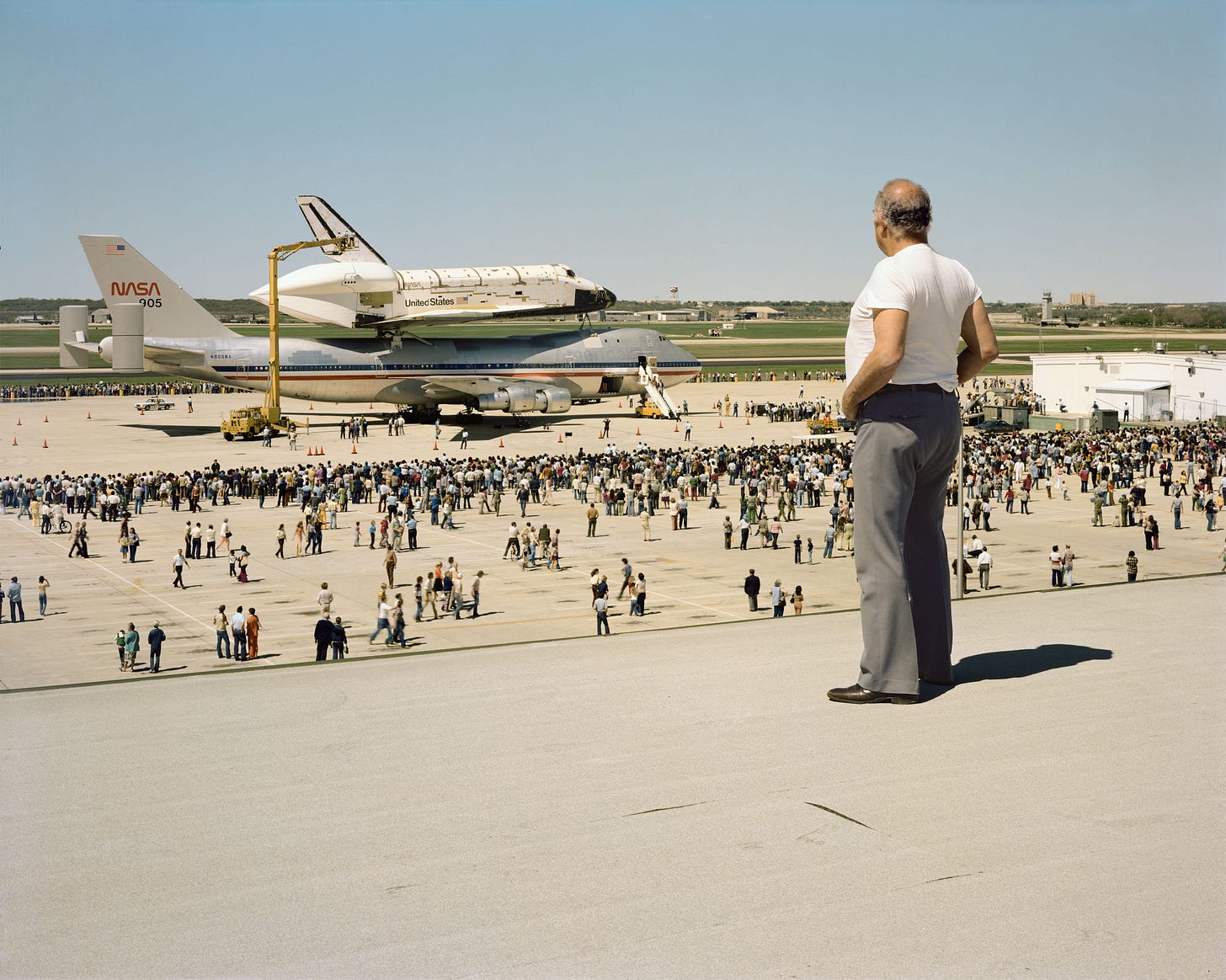The unfathomable journey to greatness
The vacuum wasn't built in a day
What does it really take to achieve greatness, and is the price worth paying?
It famously took James Dyson 15 years and 5,127 prototypes to ship his first bagless vacuum cleaner. 15 years. To build a vacuum. In his own words:
There are countless times an inventor can give up on an idea. By the time I made my 15th prototype, my third child was born. By 2,627, my wife and I were really counting our pennies. By 3,727, my wife was giving art lessons for some extra cash. These were tough times, but each failure brought me closer to solving the problem. It wasn’t the final prototype that made the struggle worth it. The process bore the fruit. I just kept at it.
And he’s not alone.
SpaceX endured nearly two decades of failed rocket launches before they successfully landed their first reusable rocket which now dominates space.
Julia Child spent 8 years in France learning techniques and another 8 years writing her first cookbook, which she didn’t publish until age 49.
Tolkien spent 12 years writing The Lord of the Rings and didn’t see it published until he was 63.
Every time I encounter greatness in the world, I’m reminded of the seemingly impossible amount of time and energy dedicated to its pursuit. I can’t help but think how wildly different that is from my own life so far. The longest I’ve ever even spent in a job or lived in one place was 3 years, and that felt like an eternity.
The world has gotten faster. Time frames have shortened. 18 second TikTok videos are hijacking our attention spans and demanding all information flowing into our brain is summarized into bite sized hacks to make us hot and rich. It’s become increasingly challenging to see the true sacrifice, commitment, and time that is responsible for much of what exists in the world today. But no matter how short Meta wants our attention span, we can’t escape this time based reality. Greatness requires an almost unfathomable level of commitment, that’s part of what makes it great.
This was a good reminder for me. A reminder to commit. To endure. To get back up after the 100th failure and prepare for 100 more. To show up in pursuit of greatness.
But I think there’s more to that story.
Choosing the wrong role models
When I was 19, I went to Silicon Valley for the first time with some friends. Before the trip my friend told me to read the Steve Jobs biography to understand the Valley a bit better (it currently sits on my bookshelf next to me as I write this).
I think this was the first time in my life that I really experienced greatness. I could see it, feel it, smell it in the air as I walked through Cupertino staring up at the glass spaceship that was about to house Apple’s HQ. All of this, from Steve’s vision. His pursuit. His greatness.
I craved that feeling. Something about the aura of greatness consumed me. There was an issue though.
It turns out I really don’t want to live like Steve Jobs.
Or like Dyson, or Buffet, or any of the other greats I can think of. These are tortured beings. They neglected their families, their bodies, their minds, because they felt they had no other choice. They risked everything. They were obsessed to the core. Singularly focused on being the best in the world at one thing or accomplishing something nobody else possibly could. I’d be willing to bet that you’re reading this on an Apple device, or that you have a Dyson in the closet.
I have no judgement on whether their approach is right or wrong, people ultimately live the life they need to live. I’d argue the world needs more people willing to sacrifice everything for breakthrough innovation. What strikes me about these figures isn't their methods, but their complete commitment to something that matters to them. They're so unapologetically consumed by their purpose that you can feel it just by looking at them, or by listening to them speak (David Senra comes to mind here).
So what now? I’m not like Steve Jobs. I’m not like Dyson. I’m not like anyone. I’m me.
And I’ve been me for as long as I can remember.
Being great at being me
Greatness needs a rebrand.
Take my wife for example. She teaches six-year-olds, without a doubt one of the most challenging and important jobs in the world. For a brief moment in time she is the most important non-family person in a child’s life. Her daily presence, actions, and energy will form how these little humans show up in the world. She doesn’t have a biography, and people aren’t going to visit her classroom like they do the Apple headquarters, but what she does get is a drawing every day from someone in her class saying “I lov yu Ms Killum”, and they mean it. If that isn’t greatness I don’t know what is.
Is there an opportunity to pursue my own version of greatness? One that feels authentic, maybe one that looks crazy or boring to other people, but one that feels like me.
I think the same principles apply whether I’m building a vacuum or building a family: do what I feel called to do, and give it my all. The question isn't whether to pursue greatness, but how to define it on my own terms. What if greatness for me isn't about “changing the world”, but about being fully present in my own? What if it's not about being remembered by history, but about being there for the people who matter most?
These questions don't make the pursuit any easier, they just make it mine. And maybe that’s exactly where greatness begins.



